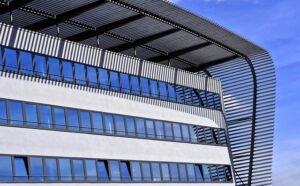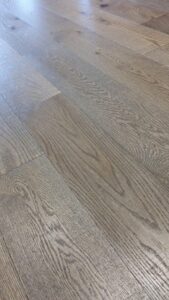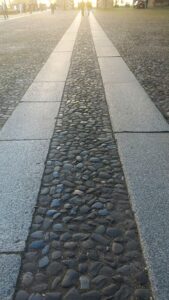Financing Denver’s Multifamily: Mixed-Use Strategies Unveiled
Mixed-use development financing in Denver leverages strategic funding for blending residential, comm…….
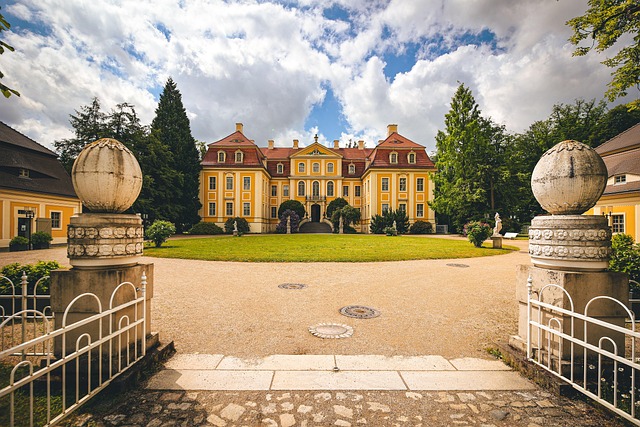
Mixed-use development financing in Denver leverages strategic funding for blending residential, commercial, and retail spaces, maximizing investor returns with diverse revenue streams. Key factors like market health, rental demand, property values, and compliance with regulatory environments guide lender decisions. Remote work trends drive demand for walkable neighborhoods, transforming urban landscapes while offering attractive investment opportunities and improved quality of life for Denver residents. Securing funding through strategic planning, understanding financing options, and diversifying funding sources aids the process. Notable mixed-use projects like the River District and Lakeside Community cater to diverse demographics, blending upscale apartments, boutique shops, offices, and community amenities, attracting young professionals and families.
“Mixed-use development financing is a dynamic aspect of urban planning and investment, especially in vibrant cities like Denver. This article delves into the intricacies of funding these diverse projects, exploring how multifamily loans play a pivotal role in shaping Denver’s skyline. We examine key factors influencing financing decisions, analyze market trends, and offer strategies for securing capital. Additionally, case studies highlight successful mixed-use developments, providing insights for aspiring developers. Discover how understanding multifamily loan options in Denver can be the catalyst for your next groundbreaking project.”
- Understanding Mixed-Use Development Financing
- The Role of Multifamily Loans in Denver
- Key Factors Influencing Financing Decisions
- Market Trends Shaping Mixed-Use Projects
- Strategies for Securing Financing for Your Project
- Case Studies: Successful Mixed-Use Developments in Denver
Understanding Mixed-Use Development Financing
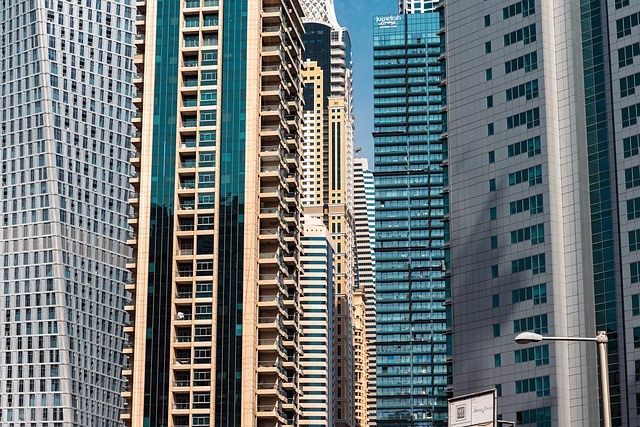
Mixed-use development financing refers to the process of securing funds for projects that combine residential, commercial, and sometimes retail or industrial spaces within a single structure or complex. This type of financing is particularly relevant in cities like Denver, where the demand for multifamily housing and vibrant urban living is high. In the context of a multifamily loan Denver-based developers seek to capitalize on the growing trend towards mixed-use communities, offering residents convenient access to amenities and employment opportunities while also contributing to the city’s diverse and dynamic landscape.
Understanding this financing option involves recognizing its potential to maximize returns for investors by diversifying revenue streams. A well-designed mixed-use project can attract a mix of tenants, ensuring steady income from rent payments. Moreover, these developments often enjoy lower vacancy rates due to their multifaceted appeal, making them attractive investments. In Denver, where the real estate market is competitive, securing a multifamily loan for such projects not only provides capital but also supports the city’s efforts to create sustainable and integrated urban environments.
The Role of Multifamily Loans in Denver

In the dynamic real estate market of Denver, multifamily loans play a pivotal role in shaping the city’s diverse and vibrant landscape. These specialized financing options are instrumental in nurturing the growth of mixed-use developments, catering to the ever-evolving needs of the community. Denver, known for its bustling atmosphere and rapid urban expansion, has witnessed significant demand for affordable housing, especially among young professionals and families seeking a balance between residential comfort and convenient access to amenities. Multifamily loans step in as a cornerstone of this growth by enabling developers to construct and fund projects that seamlessly blend residential units with retail, commercial, or mixed-use spaces.
By providing flexible financing structures tailored to multifamily properties, these loans facilitate the creation of sustainable and thriving neighborhoods. In Denver, where real estate values are on the rise, multifamily loan programs offer competitive rates and terms, making it easier for developers to navigate the complex landscape. This financial support encourages innovative design and construction practices, resulting in modern, well-appointed buildings that attract a diverse range of tenants. As such, multifamily loans are not just financing tools; they are catalysts for vibrant urban living, fostering community development and enhancing Denver’s reputation as a desirable place to call home.
Key Factors Influencing Financing Decisions

When considering a multifamily loan in Denver, several key factors significantly influence financing decisions. The real estate market’s current health and trends play a pivotal role; lenders carefully evaluate rental demand, property values, and vacancy rates to assess investment viability. Additionally, the project’s location is critical; areas with strong economic growth, quality amenities, and desirable neighborhoods tend to attract more financing opportunities and potentially higher returns.
Other crucial aspects include the developer’s track record, proposed construction methods, and the project’s design and amenities. Lenders often require detailed business plans, financial projections, and appraisals to gauge risk levels and potential profitability. Moreover, regulatory environments and local zoning laws can impact financing accessibility, as lenders must ensure compliance with all applicable rules and guidelines, particularly for mixed-use developments in vibrant urban centers like Denver.
Market Trends Shaping Mixed-Use Projects
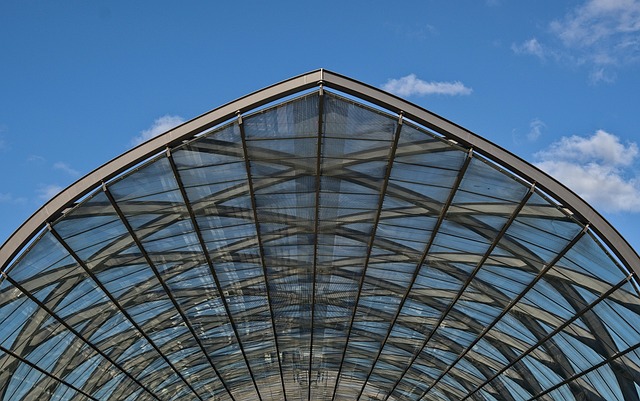
In recent years, market trends have significantly shaped the landscape of mixed-use projects, particularly in bustling cities like Denver where demand for multifamily housing continues to soar. The rise of remote work has led to a shift in urban living preferences, with more individuals seeking vibrant, walkable neighborhoods that offer a blend of residential and commercial spaces. This trend is evident in Denver’s real estate market, where mixed-use developments are gaining traction as both an attractive investment opportunity and a desirable place to live.
The integration of retail, office, and residential spaces creates a dynamic environment that caters to various needs. For instance, multifamily loan denver options have become increasingly popular among developers looking to capitalize on this trend. These projects not only provide much-needed housing but also contribute to the economic growth of the area by fostering local businesses and attracting residents who can easily access amenities and services within their communities. As a result, mixed-use developments are becoming a game-changer in shaping urban landscapes like Denver’s, offering both financial returns and enhanced quality of life for residents.
Strategies for Securing Financing for Your Project
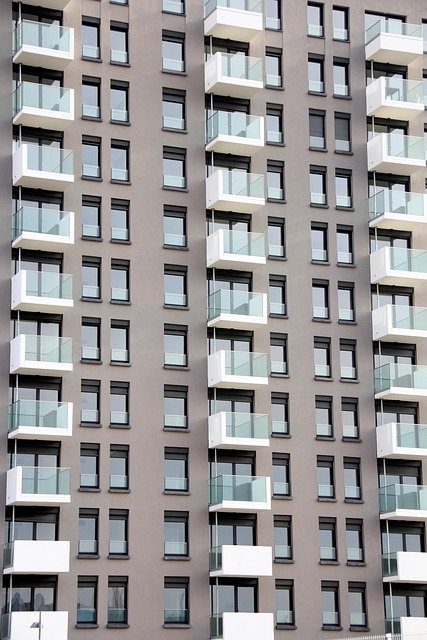
Securing financing for a mixed-use development project, like a multifamily loan in Denver, requires careful planning and execution. One key strategy is to build a robust business plan that outlines the project’s financial viability and potential for growth. This includes detailed projections of income and expenses, as well as market analysis demonstrating demand for the proposed use. Engaging with experienced lenders who specialize in multifamily loans can be invaluable; they understand the nuances of these types of developments and may offer competitive terms.
Additionally, exploring a range of financing options—from traditional bank loans to government-backed programs or private equity—can help developers find the best fit for their project’s needs. Diversifying funding sources not only enhances security but also allows for more flexibility in navigating potential market fluctuations. Networking within the industry and seeking advice from peers can provide insights into successful financing strategies, ultimately contributing to a smoother process.
Case Studies: Successful Mixed-Use Developments in Denver
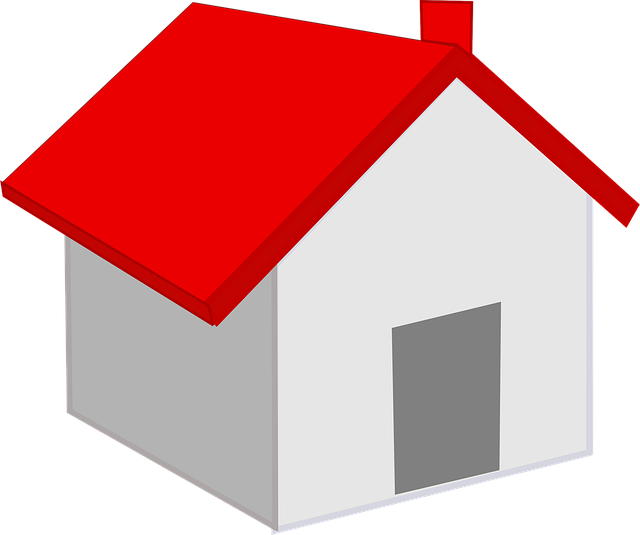
Denver, a thriving urban center, has witnessed remarkable growth in mixed-use development projects over the past decade. These ventures seamlessly blend residential, commercial, and sometimes even retail spaces, offering a unique urban lifestyle. One notable example is the River District project, located along the South Platte River. This development combined upscale apartments with boutique shops and restaurants, attracting young professionals and families alike. The project’s success lies in its careful integration of different components, ensuring a vibrant community feel.
Another successful mixed-use venture, the Lakeside Community, transformed an old industrial site into a modern neighborhood. It features a mix of multifamily housing, office spaces, and a vibrant town center with restaurants and amenities. This project highlights the potential for revitalizing underutilized areas while providing affordable housing options within walking distance of employment hubs. These Denver case studies demonstrate the viability of mixed-use developments, attracting investors seeking lucrative multifamily loan denver opportunities in dynamic urban environments.
Mixed-use development financing is a dynamic and essential aspect of urban growth, particularly in vibrant markets like Denver. By understanding the interplay between various funding sources, developers can navigate the complex landscape and unlock opportunities presented by multifamily loans in Denver. As market trends continue to evolve, adopting strategic approaches to securing financing will be key to successful mixed-use projects. The case studies highlighted in this article demonstrate the transformative power of well-planned mixed-use developments, providing valuable insights for those looking to invest or develop in Denver’s thriving real estate environment.


